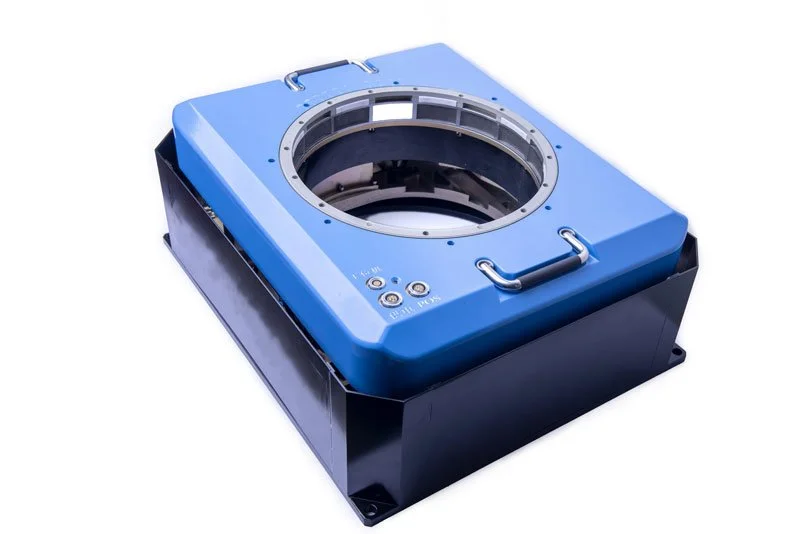The Latest Innovations in Boat Stabilizer Gyroscope Technology
What Is a Boat Stabilizer Gyroscope?
A boat stabilizer gyroscope is an onboard mechanism that senses a vessel’s roll and pitch, then spins a weighted flywheel to generate counter-torque. The goal is straightforward: keep the deck level so passengers, crew, and cargo stay safe and comfortable.
Why Stability Is Essential Today
Whether you manage a small pleasure craft or a large workboat, uncontrolled motion drains fuel, slows operations, and leaves guests seasick. Regulators, insurers, and passengers now view proven roll control as a baseline requirement rather than a luxury upgrade.
Breakthroughs Driving the Latest Gyros
Three-Axis Control Explained
Early gyros fought only roll; later units added pitch. Current systems map all three axes, meaning fewer abrupt corrections, less hull stress, and calmer motion when seas strike from awkward angles.
Integrated “Brainpower”
Modern controllers pull speed, heading, and wave-state data every second. By predicting rather than reacting, they trim flywheel RPM just enough to counter an upcoming swell—saving both energy and wear.
Leaner Power Draw
Magnetic bearings eliminate most mechanical friction, while regenerative circuits capture spin-down energy during course changes or shutdowns. Operators see smaller gensets, lower emissions, and extended battery life.
Custom Fit for Every Hull
Tailored footprints: From tight stern lockers to roomy aft engine rooms.
Modular torque: A single 10 kN·m unit calms a coastal cruiser; stack three for a 60-metre explorer yacht.
Retrofit kits: Pre-cut brackets and plug-and-play looms shorten yard time and cut installation costs.
Built to Withstand the Sea
Lightweight alloys reduce top-side weight, while ceramic-enhanced PVD coatings seal out corrosion. Critical electronics live in IP-67 housings with conformal-coated circuit boards to shrug off humidity and vibration.
Control from the Helm—or Home
A tablet-style display shows roll angle, flywheel RPM, and alarm status in clean graphics. Shore-side technicians can download logs over encrypted links, spotting bearing wear or power anomalies weeks before they cause downtime.
Silent Safety Nets
If sensors misbehave or a power bus trips, firmware locks the flywheel in a safe orientation and alerts the bridge—preventing a free-spinning mass from adding instability in an emergency.
Looking Ahead
Predictive AI: Machine-learning models trained on global wave data will fine-tune torque even faster.
Autonomous trim suites: Gyros will work with active foils and ballast pumps for true “set-and-forget” comfort.
Why Choose Changchun Huanxin Co., Ltd.
Field-proven three-axis expertise rooted in aerospace gyros.
Transparent customization pipeline from CAD concept to sea trial.
Global support footprint with parts depots and 24/7 remote diagnostics.







